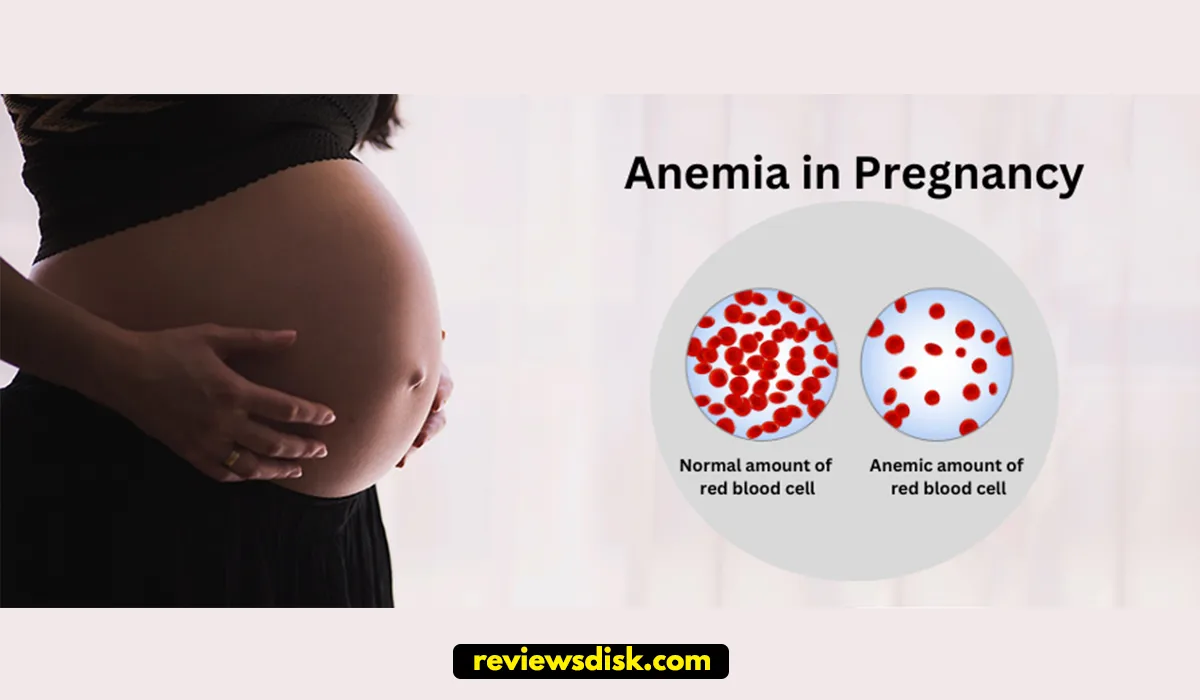An often overlooked health concern, anaemia during pregnancy can pose significant risks to both mother and baby.
Ever wondered why, as an expecting mom, you feel unusually tired or breathless? Or why that healthy pregnancy glow everyone talks about is elusive? These might be more than just common pregnancy symptoms. Let’s dive deep into the world of anaemia in pregnancy and unravel its mysteries.
Anaemia in Pregnancy
What is Anaemia?
Anaemia occurs when you have a reduced number of red blood cells, affecting your blood’s ability to carry oxygen to your body’s tissues. Imagine your bloodstream like a busy highway. When there aren’t enough cars (or red blood cells), everything slows down, and the city (your body) doesn’t function efficiently.
Common Symptoms Include:
- Fatigue or tiredness
- Paleness of skin
- Shortness of breath
- Dizziness
Anaemia During Pregnancy
Pregnancy demands more of everything – especially iron and blood for the baby’s growth.
Causes Include:
- Depleted iron or vitamin reserves
- Inadequate dietary intake
- Blood loss during childbirth
Impact on Mother and Foetus:
- Reduced energy levels
- Increased risk of complications during childbirth
- Delayed growth for the baby
Types of Anaemia in Pregnancy
Not all anaemias are created equal. The cause determines the type.
- Iron-Deficiency Anaemia: A result of inadequate iron intake or absorption.
- Folate-Deficiency Anaemia: Caused by insufficient folate or folic acid in the diet.
- Vitamin B12 Deficiency: Less common, this stems from poor vitamin B12 consumption or inability to absorb it.
Risk Factors for Pregnant Women
Certain factors can make pregnant women more susceptible.
Diet and Nutrition:
A poor diet can lead to insufficient iron, folate, and vitamin B12. Multiple Pregnancies: Having successive pregnancies can deplete your nutrient reserves faster. Pre-existing Conditions: Conditions like celiac disease can affect nutrient absorption.
Diagnosis and Detection
Early detection is key. Just like a gardener checks the soil before planting, doctors often test pregnant women’s blood to ensure it’s healthy.
Screening Tests Include:
- Complete blood count (CBC)
- Ferritin test
Importance of Timely Detection: Early diagnosis ensures timely intervention, reducing risks.
Treatment and Prevention
Anaemia is often reversible with the right steps.
Diet and Supplementation:
Consuming iron-rich foods, and taking prescribed supplements can work wonders. Medications and Procedures: In severe cases, doctors might recommend iron injections or transfusions.
Complications if Left Untreated
Neglect can lead to dire consequences.
For the Mother:
- Exhaustion
- Risk of infections
- Complications during childbirth
For the Baby:
- Premature birth
- Low birth weight
- Developmental issues
Personal Stories: Living with Anaemia in Pregnancy
Real experiences shed light on this health challenge.
Jane’s Story:
“Despite being a health enthusiast, I experienced severe breathlessness during my second trimester. Turns out, I had anaemia. With the right diet and supplements, I bounced back.”
Rhea’s Tale:
“Having twins was a dream come true, but it drained my iron reserves. Regular checks and a balanced diet helped me navigate my pregnancy healthily.”
Tips for Expecting Mothers
Ensure you and your baby remain in the pink of health.
Regular Check-ups:
Regular doctor visits can catch potential problems early on. Balanced Diet and Hydration: Drink water and consume a diet rich in iron, folate, and vitamin B12.
Conclusion
Anaemia during pregnancy isn’t just about the mother’s health; it’s a duel, where both the mother and baby’s well-being are intertwined. Awareness, timely detection, and appropriate treatment can ensure a healthy and joyful pregnancy.
Frequently Asked Questions
- How common is anaemia in pregnancy?
Anaemia affects approximately 40% of pregnant women worldwide. - Can anaemia harm my baby?
Severe anaemia can lead to premature birth and low birth weight, affecting the baby’s health. - How can I boost my iron intake during pregnancy?
Consume iron-rich foods like spinach, red meat, and beans. Your doctor might also prescribe supplements. - Do iron supplements have side effects?
Some women might experience constipation or nausea. Always consult your doctor before taking any supplements. - Can I prevent anaemia during pregnancy?
Yes, by maintaining a balanced diet, staying hydrated, and attending regular check-ups.
